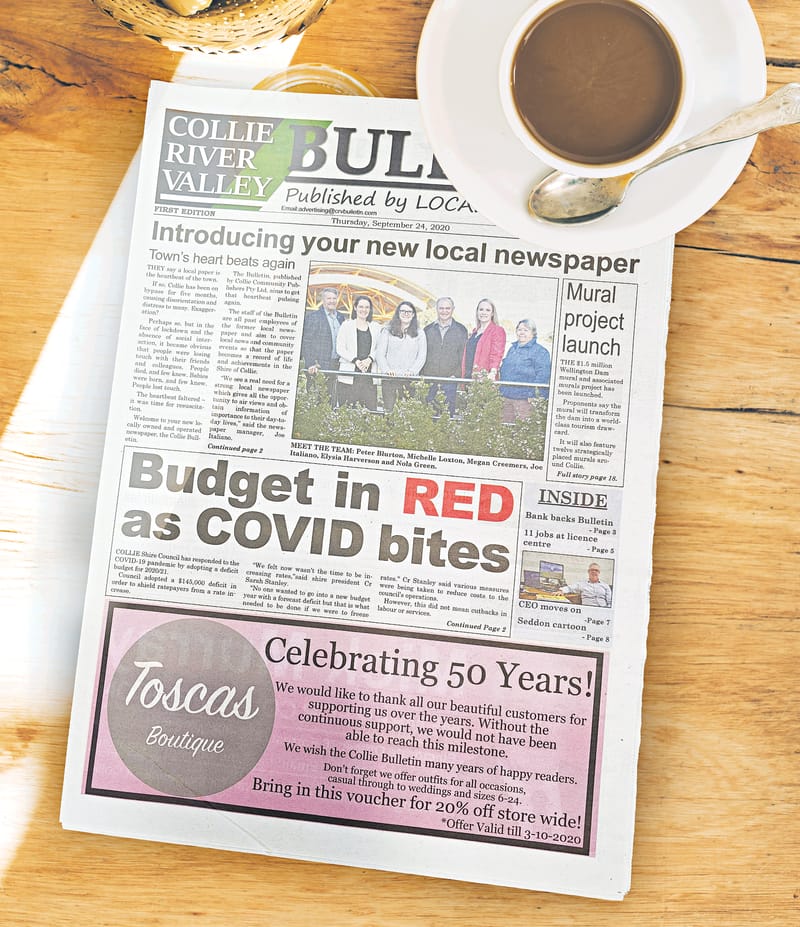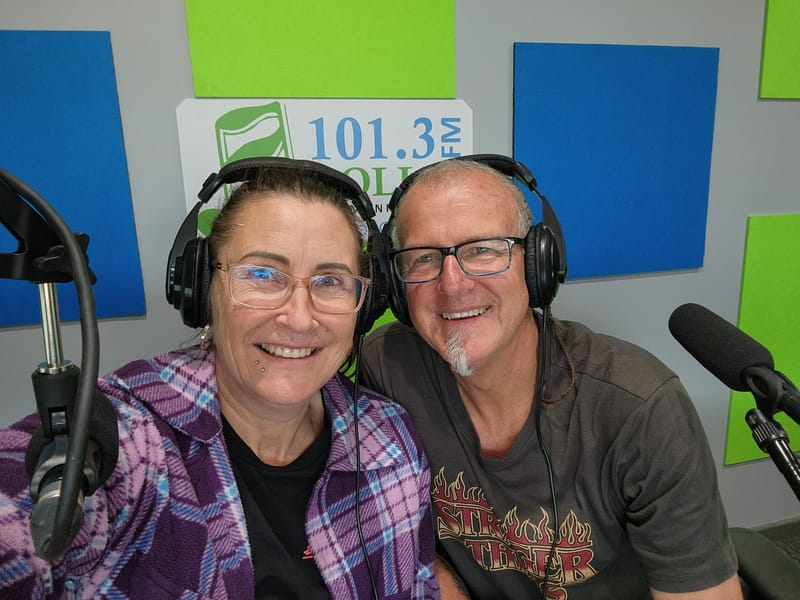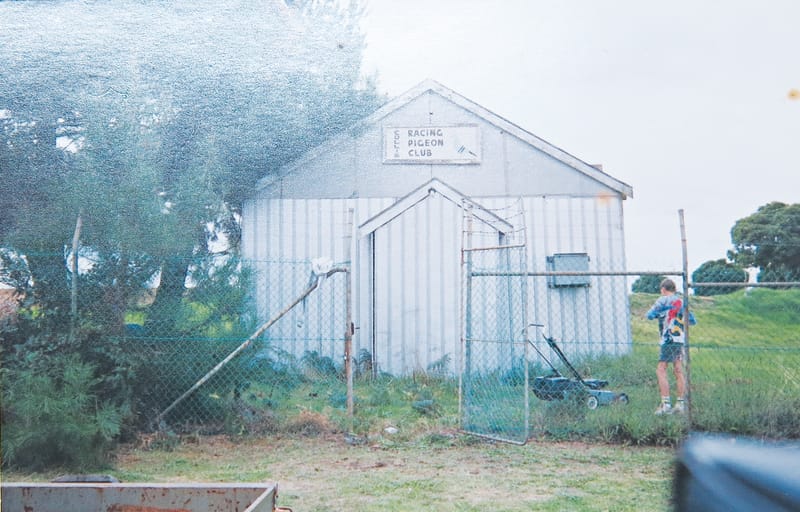David’s 30 years of service
PARAMEDIC David Maxwell got a pleasant surprise earlier this year when St John Ambulance staff and volunteers threw a party to celebrate his 30 years with the service. There was a bit of skulduggery involved. David’s wife excused herself for lunch...







